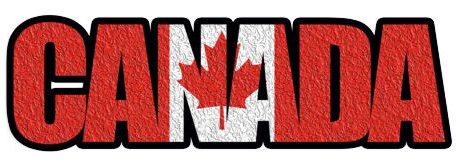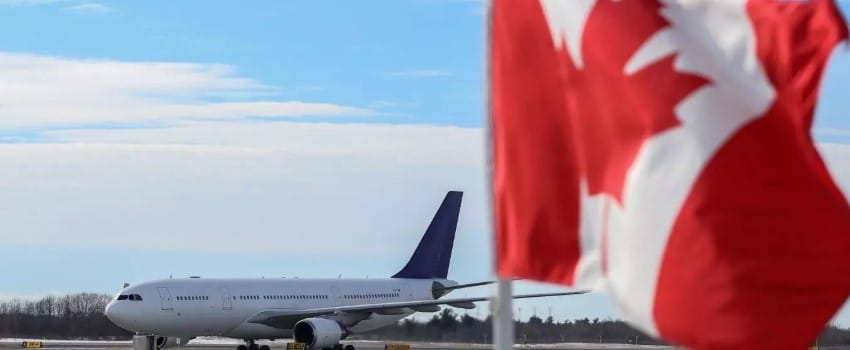Flying High Canada
Just a couple of months ago, Canada became the second country in the world to legalize recreational cannabis. Canada succeeded in materializing this historic measure after years of extensive legislative and non-legislative debate. Since the legalization is nationwide the federal and provincial governments are tasked with dealing with all its far-reaching implications.

Cannabis in Canada is legal recreationally on October 17, 2018
Every other day it seems, federal or provincial governments are coming up with laws to regulate different aspects of marijuana legalization. For instance, the federal government has recently rolled out weed regulations for domestic air travel. As per the rule, Canadians will be permitted to fly high with up to 30 grams of cannabis on them after the promulgation of blanket legalization.
It is difficult for a recreational cannabis consumer to estimate how much 30 grams of marijuana would be without the proper weighing equipment. According to experts, 30 grams of cannabis bud in a rolled form means 60-75 joints. Nevertheless, this number is subjected to change depending on the density of a particular strain. The rule is also being called lenient in comparison to the legal status of marijuana in other jurisdictions. The amount entails that a regular cannabis user can travel all across Canada with two weeks of stash in their luggage depending on the user’s smoking habits.
However, the Canadian Minister of Transport has categorically made it clear that the rule won’t be applied on international travel. Passengers with international destinations will have to abide by the laws of their host countries. This will be the same for all those flights bound for legal US states such as Colorado and California because US federal laws still consider marijuana as an illicit illegal drug.

Cannabis edibles will be legalized for recreational use within one year after legalization.
Similarly, edibles are still illegal for recreational use and it is said they will be legalized within one year after October 17, 2018. Passengers can be penalized if they get caught with edibles. Therefore, it will be better for passengers to only fly with the prescribed amount of cannabis flower and just on domestic flights.
Having the right to domestically fly with cannabis doesn’t mean other cannabis laws across the country are also the same. The cannabis act has permitted the provincial and local governments to implement their own set of rules regarding possession and consumption. For example, public consumption of the strain is not allowed in every province. Similarly, provinces also have different legislation on domestic cultivation and personal possession of the strain.
Therefore, passengers must know the pertinent cannabis laws of the province they are traveling to. By keeping these few things in check, Canadians can safely fly high through the domestic skies of Canada with their weed.
Cannabis in Canada and International Travel
Here are some details of what can’t do from the Government of Canada, be informed and stay safe.

